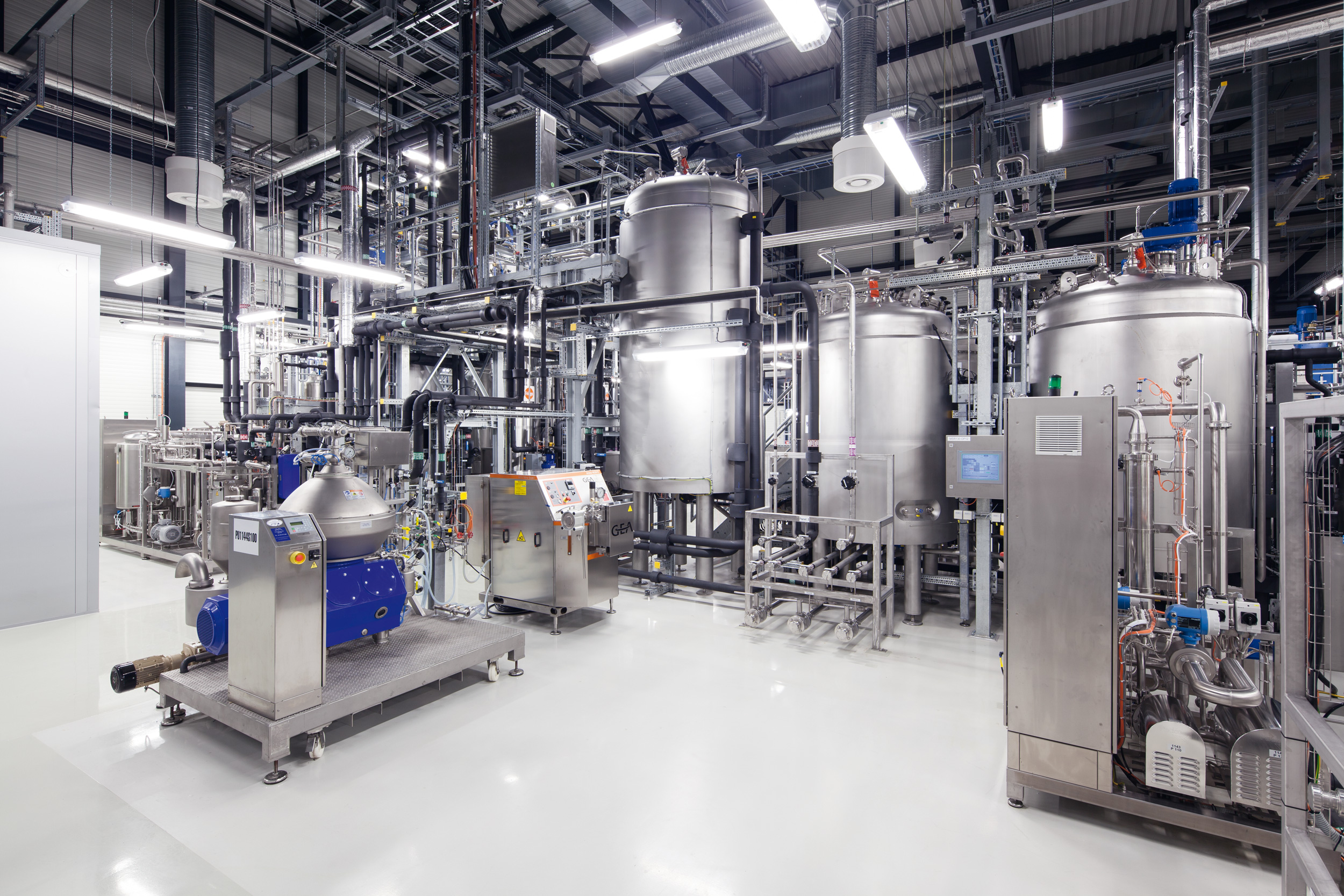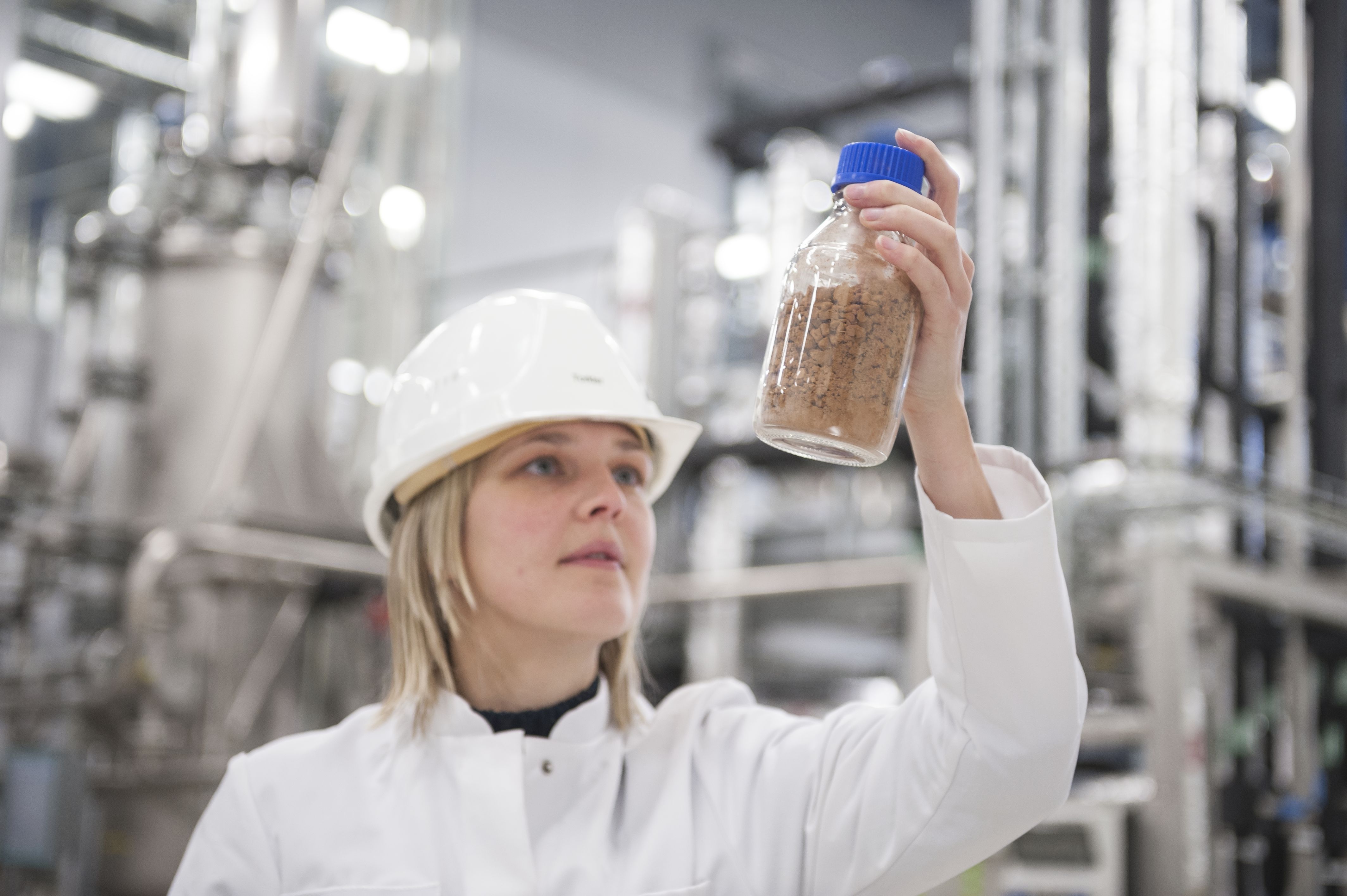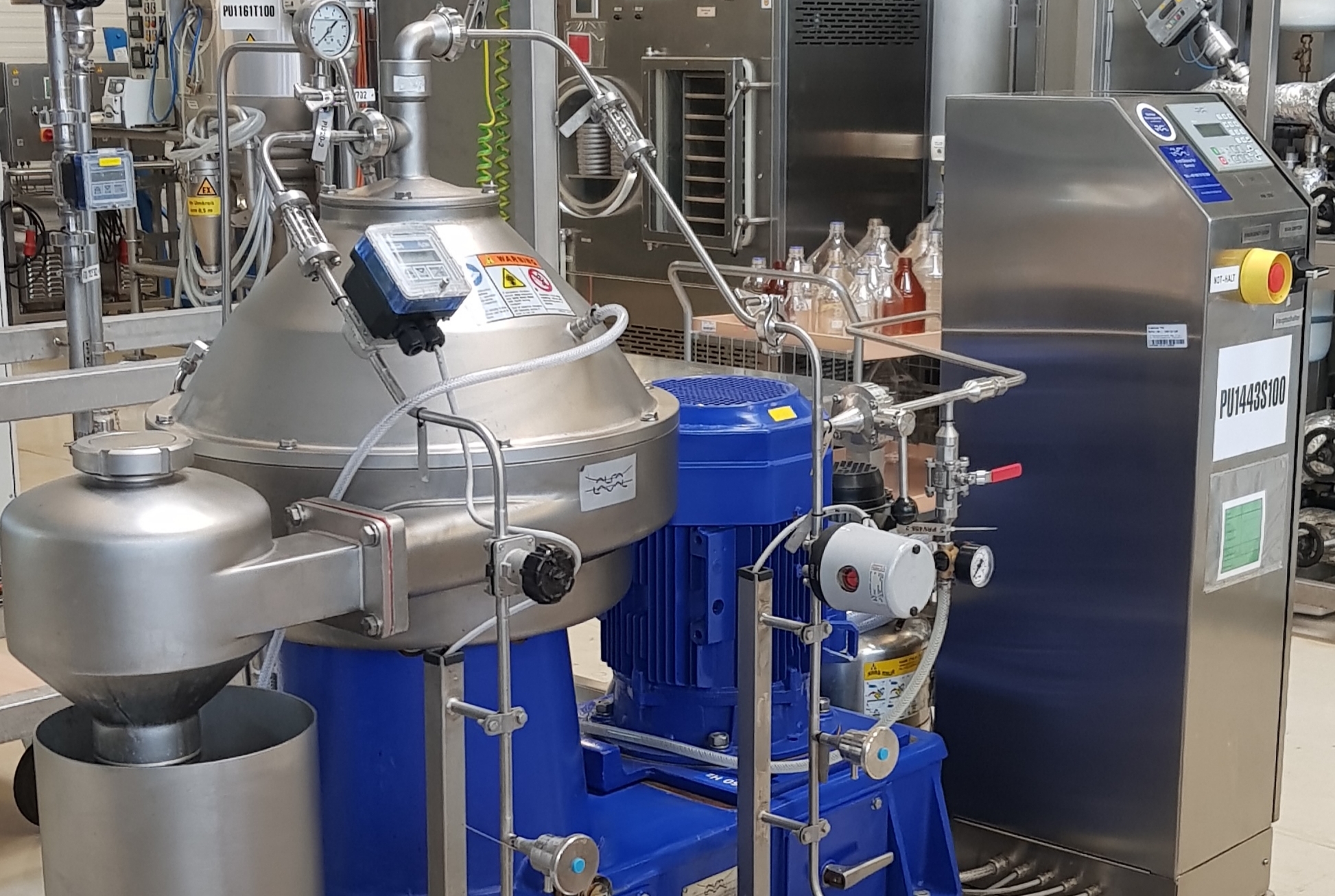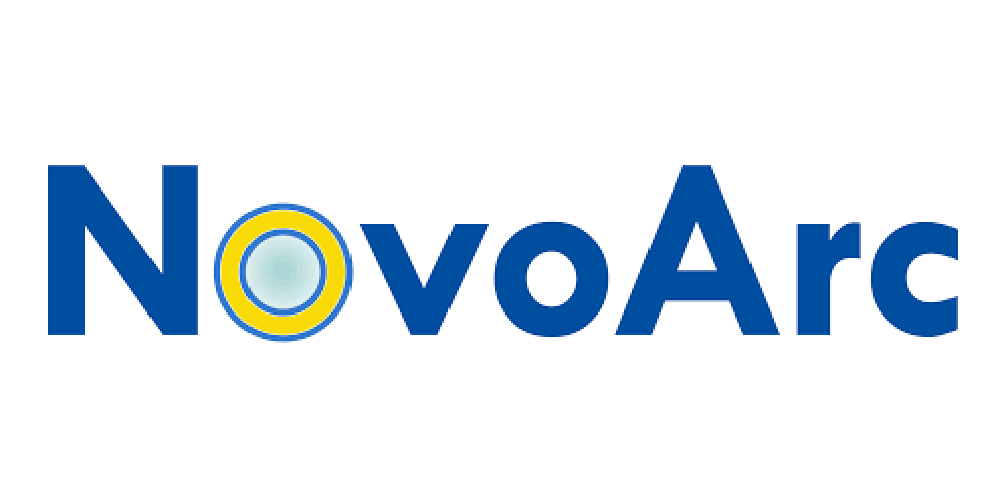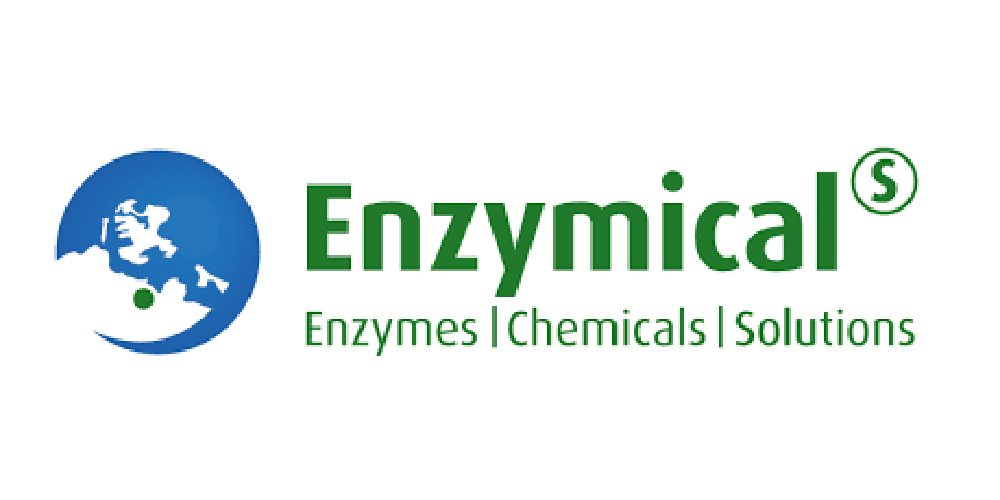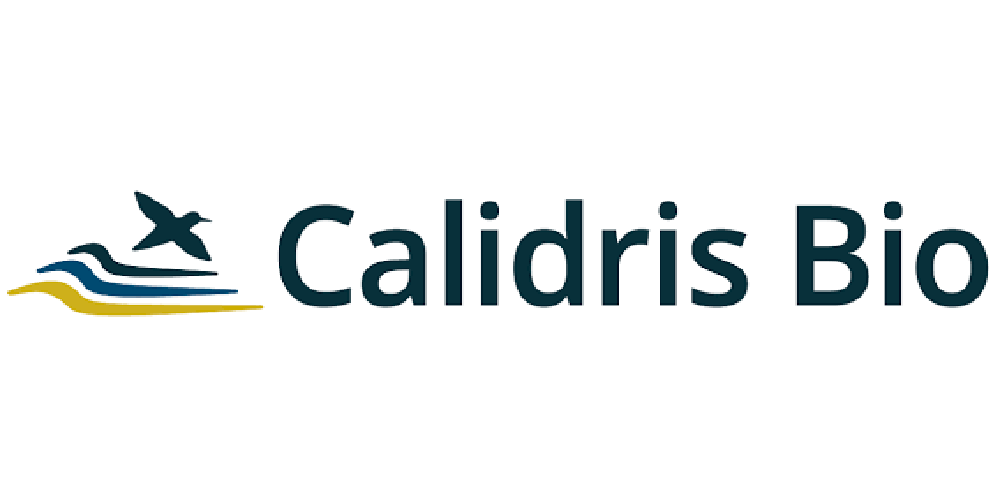Industrial biotechnology is a key technology for the development of a sustainable chemical industry and especially for the bioeconomy.
Your challenges
Transferring a biotechnological process from the laboratory to industrial scale not only requires specific expertise, but also the appropriate plant technology in order to successfully cope with the scale-up. Numerous parameters must be taken into account in order to guarantee the desired product quality while keeping the operating costs of the process as low as possible. Downstream processing is particularly crucial for the economic efficiency of a fermentation process in order to achieve efficient separation of the products.
Our unique selling point: pilot plants and expertise in scaling biotechnological conversion processes
While academic research laboratories are widespread, pilot plants are still rarely found. Yet they are urgently needed, especially for smaller companies, to prepare innovations for the commercialization of new products. In addition to the technical advancement of biotechnological processes, the provision of larger quantities of material for application research as well as process data for economic and other studies on the feasibility of a manufacturing process are of particular importance. We rely on our comprehensive bioprocess engineering expertise in scaling and process intensification and our many years of experience in this field when transferring manufacturing processes (precision fermentation, enzyme synthesis) to an industrial scale.
 Fraunhofer Center for Chemical-Biotechnological Processes CBP
Fraunhofer Center for Chemical-Biotechnological Processes CBP